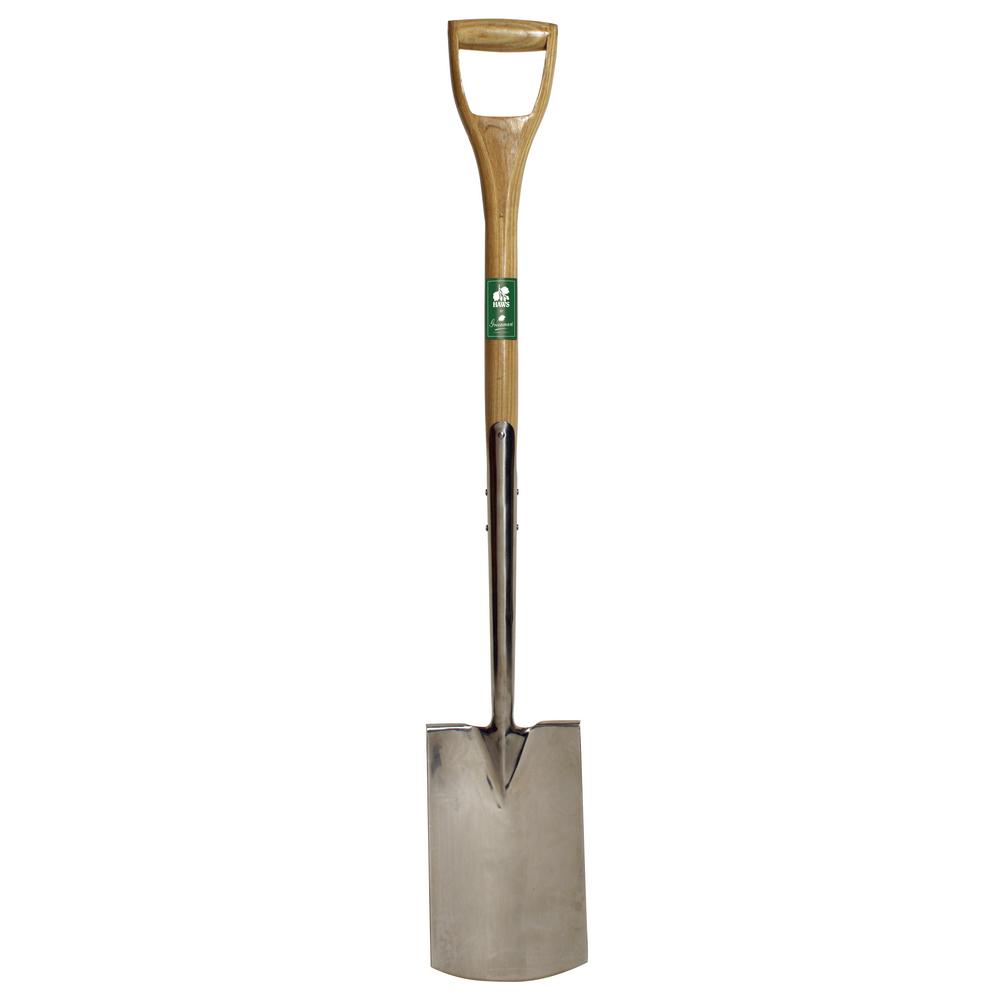For many years I used wd-40 to lube my bicycle chains. Turns out it is a degreaser and actually removes lubricant from the chain. It is ok to use to clean a chain, but should be followed with some type of lube.
My WD-40 use followed the same trajectory as you. Recently, I've been discovering that maybe I wasn't quite as misled as I thought I was by using it as a lubricant, as along with the various alkanes, it's main ingredient is mineral oil -
Wired Magazine - What's Inside WD-40?
Purely anecdotal, but in his blog, this bicycle tech talks about his use of WD-40 to lubricate his bicycle chains. He does have a warning though - be careful what else you let it get on!
It's OK To Use WD-40 On your Bike Chain
Now I don't feel so bad for relying on WD-40 as my default cure when in times of trouble. A few months ago, I was using a spare key a neighbor had entrusted me with, to get into her house. I put the key in the lock - and it got stuck. No matter what I did, it wouldn't come out! All I could think of in those moments was, "Where's the WD-40?" I dashed back to my house as fast as possible, before anyone else noticed that the key was stuck in the front door (it was still turning, so could be used to unlock the door). I grabbed the WD-40, ran back, squibbed some in the keyhole and - voila! - suddenly, the key came out, and the lock was operating smoothly.
It's magic stuff, I tell ya. Don't feel guilty about using it. I feel that in recent years, there has been something of a campaign of misinformation about WD-40 that, at least for me, has made me feel somewhat guilty for still using it. "It's not a lubricant!" people said. However, I couldn't help but notice that it sure
acted like one. How come everything I sprayed it on got all slippery if it wasn't a lubricant? Hmmmm......
Maybe it's not the best product to use for every single situation but sometimes, a general purpose cure-all sure is a helpful thing to have around the house. I like my WD-40, and will keep on using it, if it's OK with you.

